Building Partnerships and Strengthening Professional Networks.
Are you looking to turn your research into real-world partnerships or grow your professional circle? This March, we are hosting two practical workshops designed to help researchers at all stages build stronger connections.
Both sessions are actionable; you’ll walk away with the tools to communicate your value and build a support system that fuels your research goals.
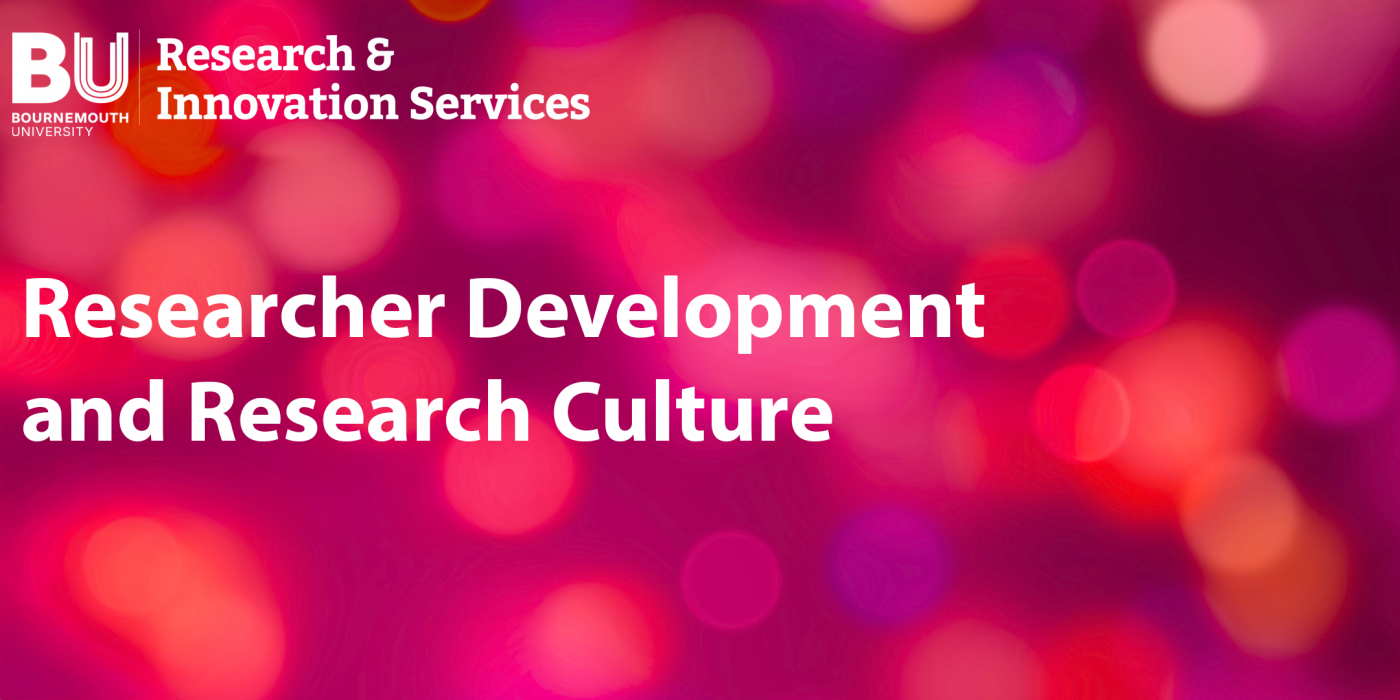
Collaborating with External Partners
Thursday 12 March, 10am-12pm
Create Lecture Theatre, Fusion Building, Talbot Campus
Building long-term partnerships with industry and government doesn’t happen by accident. In this cross-faculty session, Rachel Clarke, Matt Desmier, and Finn Morgan will share practical examples of how BU teams have successfully aligned their expertise with external needs.
Why attend?
- See how successful BU partnerships were actually built
- Learn how to start conversations that lead to meaningful collaborations
- Discover how your data and research can fit into wider, high-impact initiatives
Find out more and register on Eventbrite
Developing Professional Researcher Networks
Tuesday 17 March, 9:30am-12:30pm
Online
Networking is a skill, not a personality trait. Join facilitator Margaret Collins for a half-day session focused on the strategy and confidence needed to grow your professional visibility.
Overview of the session
- Strategic Analysis: Auditing your current network and finding the gaps
- Confident Communication: Refining your professional introduction and mastering “small talk”
- Managing Anxiety: Practical tools to handle the stress sometimes associated with networking
- Body Language: Using non-verbal cues to communicate more effectively
Find out more and register on Eventbrite
The Researcher Development Hub serves as your central resource for all professional growth opportunities.
If you have any questions, please contact the Researcher Development and Culture Team researcherdevelopment@bournemouth.ac.uk
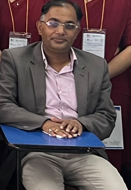

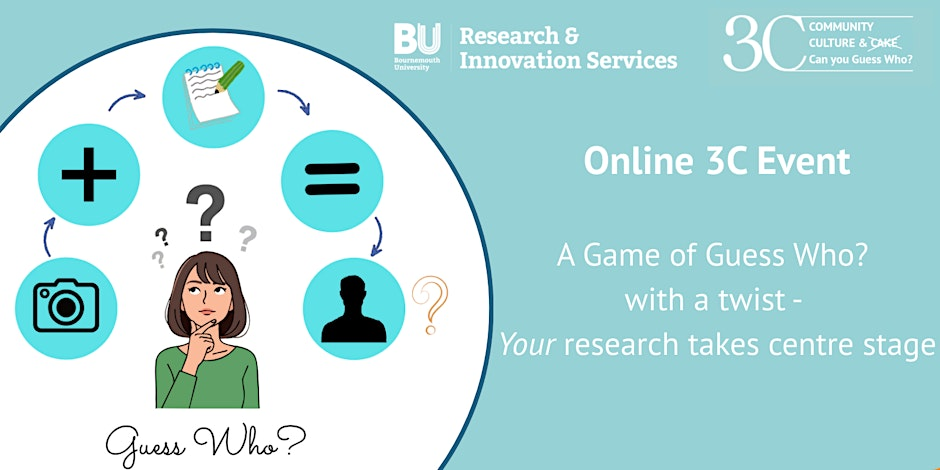

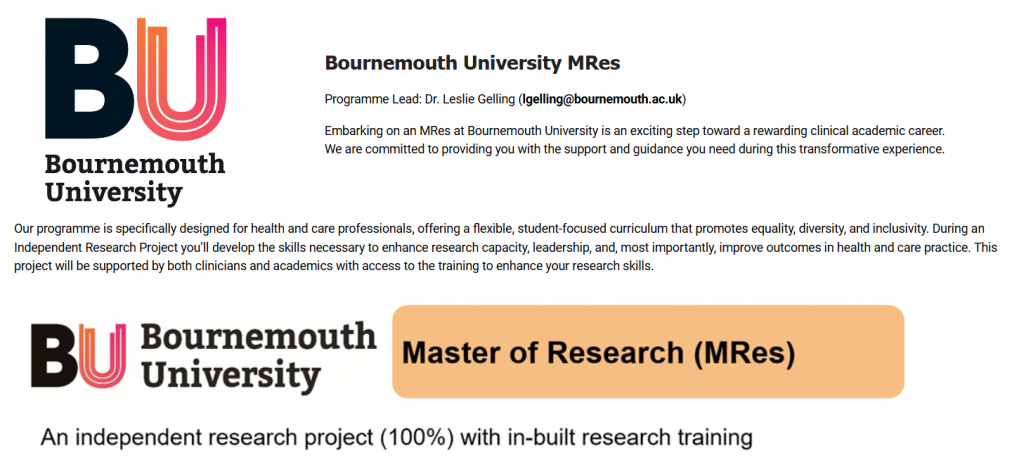
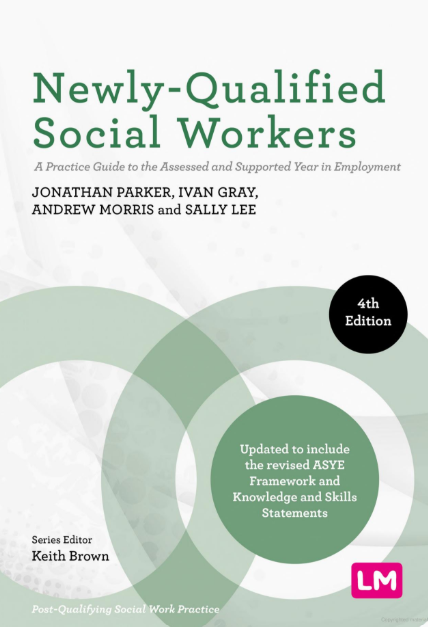

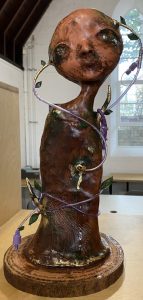
 Building on the success of the first SPROUT event in November 2025, registration is now open for the next session in the series.
Building on the success of the first SPROUT event in November 2025, registration is now open for the next session in the series. New view
New view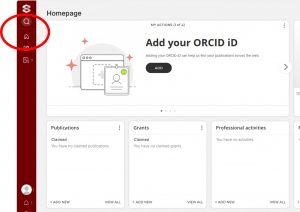
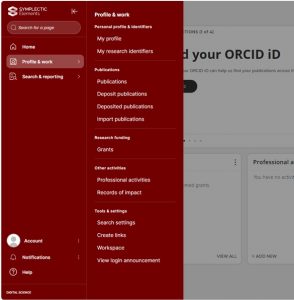
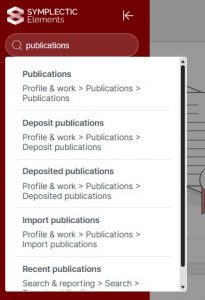
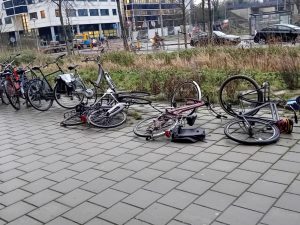
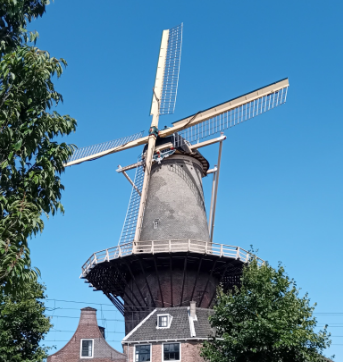

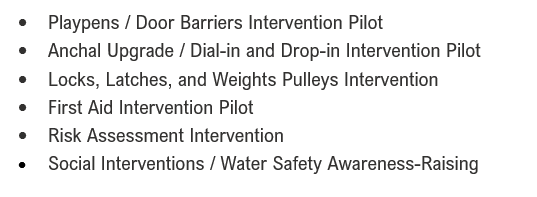
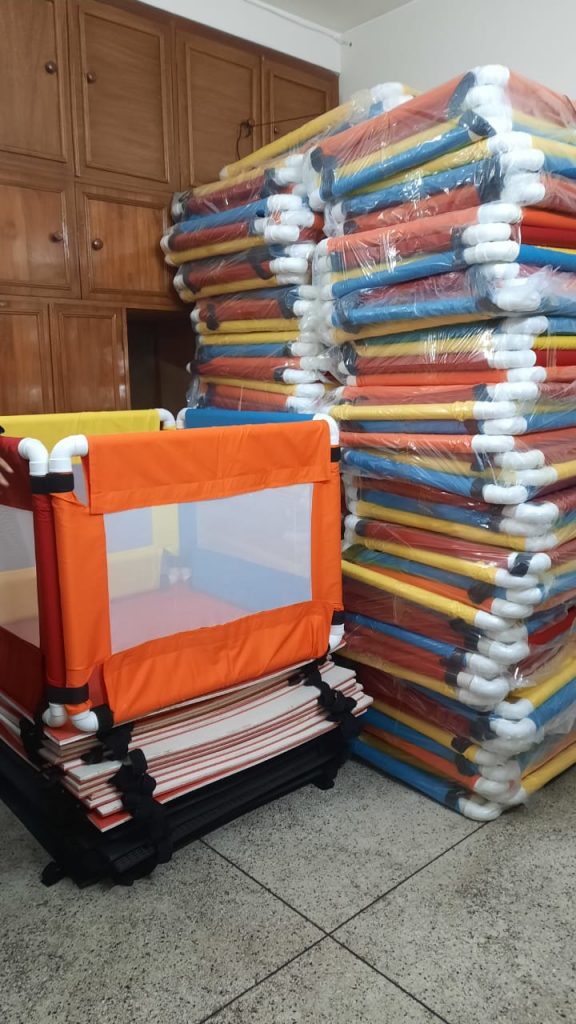
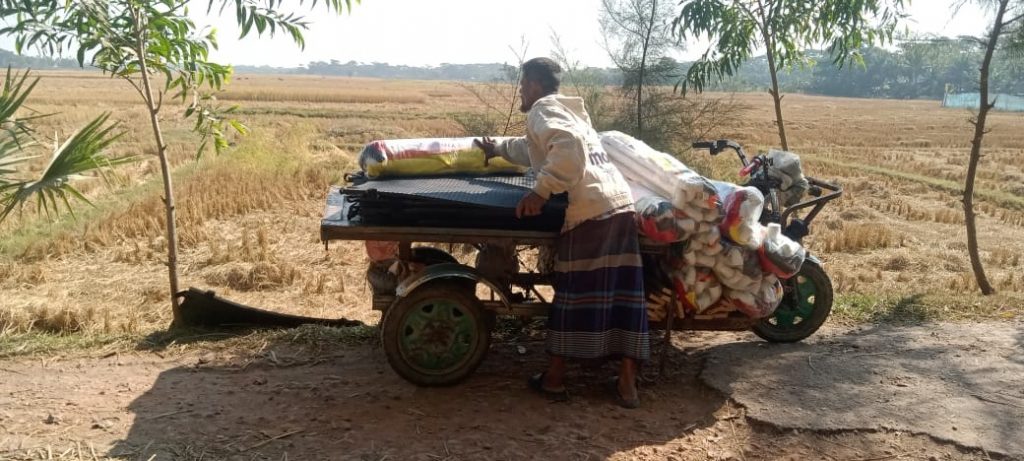
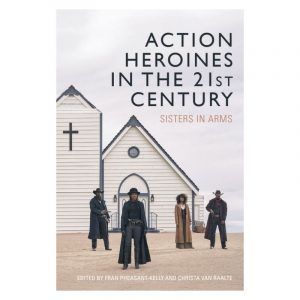
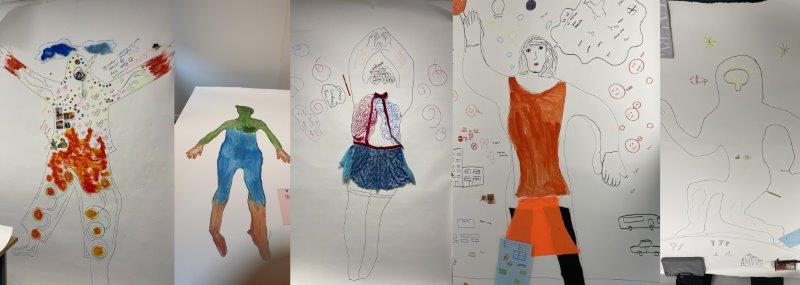
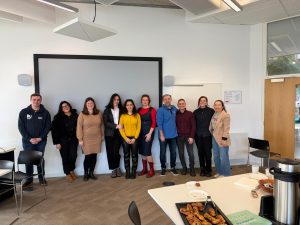
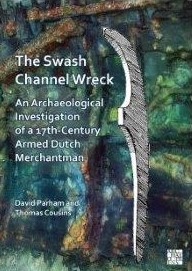












 Expand Your Impact: Collaboration and Networking Workshops for Researchers
Expand Your Impact: Collaboration and Networking Workshops for Researchers Visiting Prof. Sujan Marahatta presenting at BU
Visiting Prof. Sujan Marahatta presenting at BU 3C Event: Research Culture, Community & Can you Guess Who? Thursday 26 March 1-2pm
3C Event: Research Culture, Community & Can you Guess Who? Thursday 26 March 1-2pm UKCGE Recognised Research Supervision Programme: Deadline Approaching
UKCGE Recognised Research Supervision Programme: Deadline Approaching ECR Funding Open Call: Research Culture & Community Grant – Apply now
ECR Funding Open Call: Research Culture & Community Grant – Apply now ECR Funding Open Call: Research Culture & Community Grant – Application Deadline Friday 12 December
ECR Funding Open Call: Research Culture & Community Grant – Application Deadline Friday 12 December MSCA Postdoctoral Fellowships 2025 Call
MSCA Postdoctoral Fellowships 2025 Call ERC Advanced Grant 2025 Webinar
ERC Advanced Grant 2025 Webinar Update on UKRO services
Update on UKRO services European research project exploring use of ‘virtual twins’ to better manage metabolic associated fatty liver disease
European research project exploring use of ‘virtual twins’ to better manage metabolic associated fatty liver disease